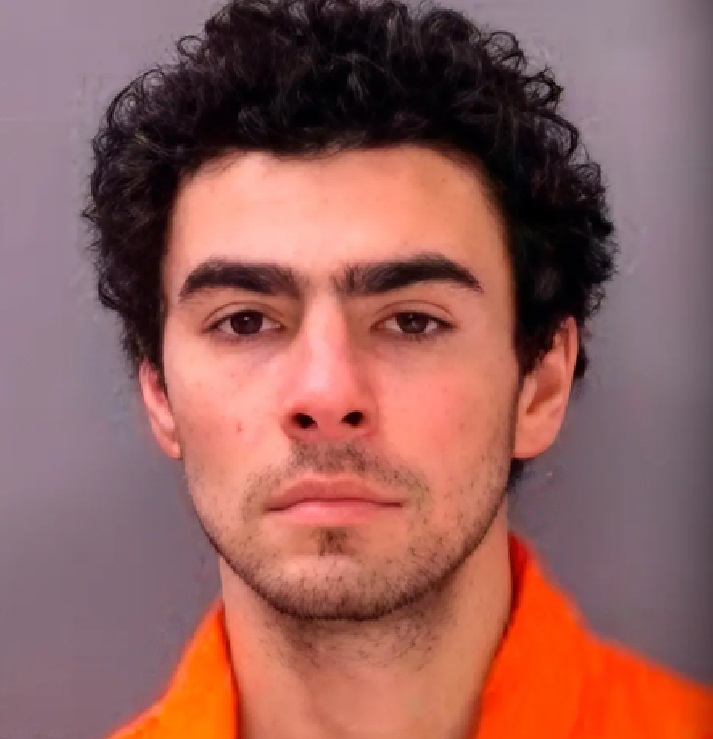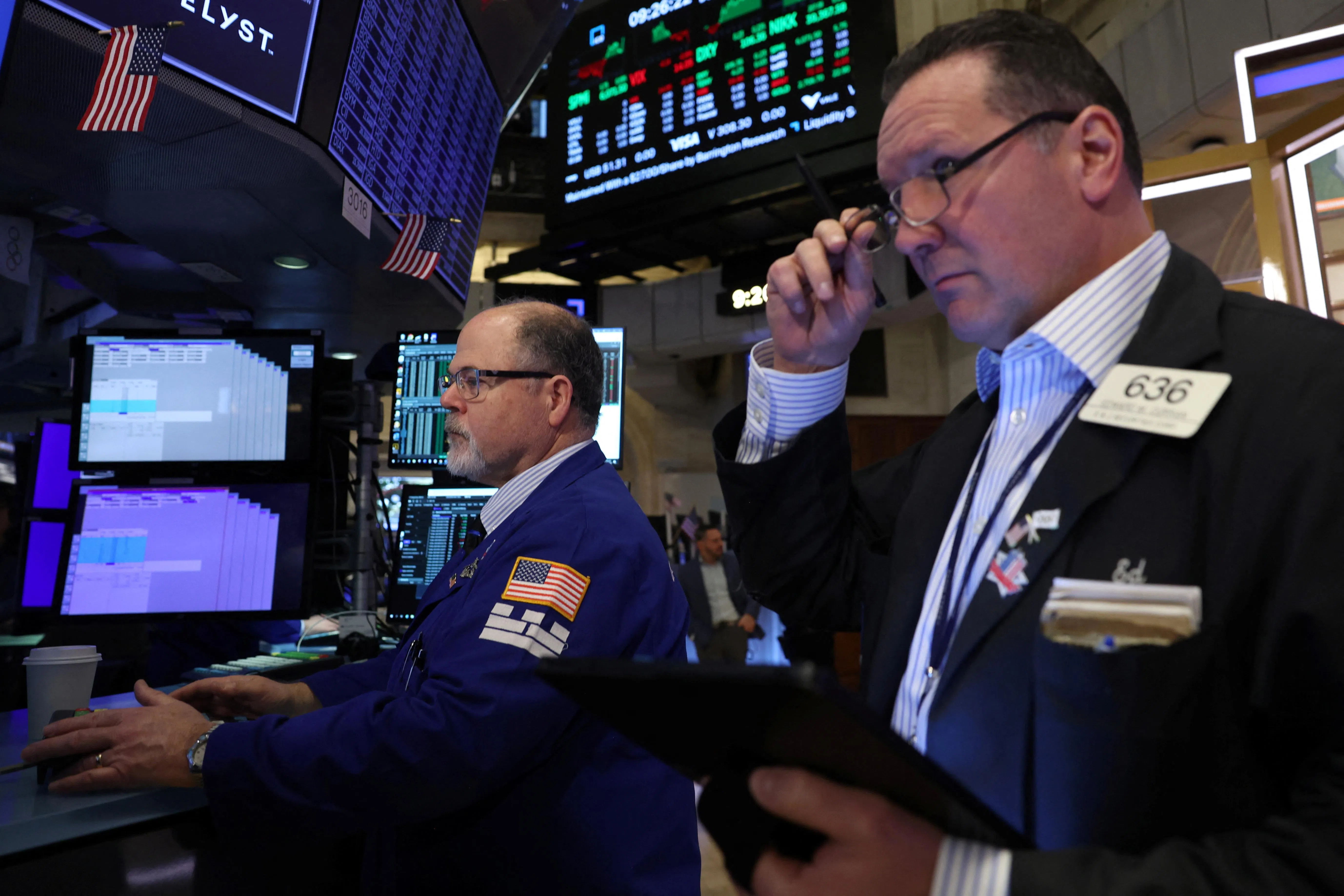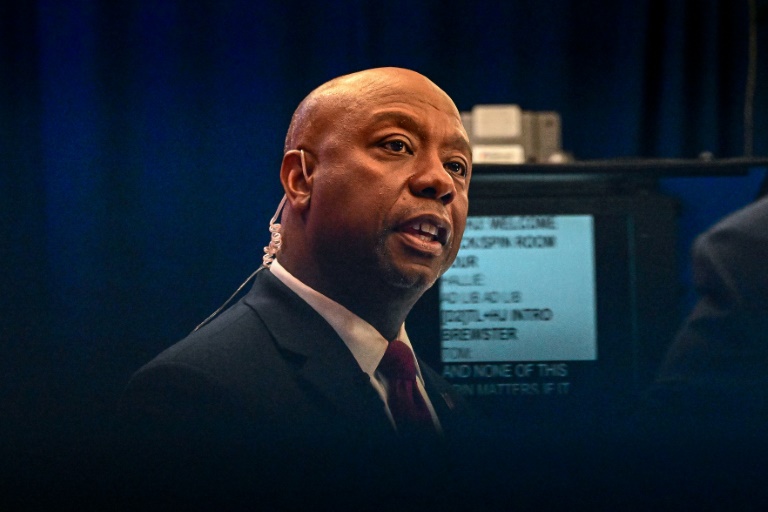Luigi Mangione, 26, has been charged with first-degree murder and terrorism in the December 4 killing of Brian Thompson, CEO of UnitedHealthcare, in Manhattan. The charges follow Mangione’s arrest in Altoona, Pennsylvania, where he was found with a weapon, fake IDs, and a passport. Prosecutors argue that the murder was politically motivated, targeting the healthcare system, and that Mangione intended to intimidate the public and influence government policy through violence. The charge of terrorism has raised significant legal debate, with some questioning its applicability to the case.
X
Thompson, 50, was fatally shot while walking to a UnitedHealthcare investor conference. The murder occurred in a busy Manhattan area, prompting a widespread sense of fear, particularly among corporate executives. At a press conference on Tuesday, Manhattan District Attorney Alvin Bragg described the killing as “well-planned” and an attempt to “evoke terror” within the public. He emphasized that the murder was part of a larger effort to “intimidate or coerce a civilian population” and potentially influence governmental actions. This charge is based on New York’s terrorism statute, which applies when a crime is committed to disrupt government functions or incite fear.
Mangione’s actions have sparked intense reactions from the corporate community, as executives across various industries express concerns about their safety. In the aftermath of Thompson’s death, social media saw a disturbing outpouring of praise for Mangione, with some individuals celebrating the murder. This response has heightened fears within corporate sectors, prompting businesses to bolster security measures. New York law enforcement has noted an increase in threats against executives, raising alarm over potential further violence in the wake of the killing.
Mangione’s background has only added complexity to the case. A former Ivy League student, Mangione had been vocal on social media about his discontent with the U.S. healthcare system, particularly criticizing health insurance companies for perpetuating corporate greed. While not a customer of UnitedHealthcare, he expressed his frustrations with the broader healthcare industry, particularly in the wake of his own experience with spinal surgery. His posts on Reddit and other platforms emphasized the need for patients to challenge medical decisions and seek alternative opinions. Prosecutors argue that his views on healthcare, combined with his apparent political motivations, drove him to commit this act of violence.
The legal debate surrounding the terrorism charge has sparked a broader conversation. Some experts believe that the evidence does not clearly support the claim that Mangione’s actions were intended to instill widespread fear. Criminal defense attorney Stacy Schneider has pointed out that the murder occurred in a quiet area and was carried out in a manner that may not meet the legal definition of terrorism. Schneider suggests that the public’s reaction to the murder might have been an unintended consequence, rather than part of a deliberate plan by Mangione.
Despite these arguments, prosecutors remain resolute in their pursuit of the terrorism charge, pointing to the significant public fear and the alarming increase in threats against corporate leaders. If convicted, Mangione could face life in prison without the possibility of parole. His next extradition hearing, set for Thursday in Pennsylvania, will determine the next steps in the legal process. This case has drawn attention to the intersection of political ideology and violent acts, raising important questions about how the law addresses terrorism and its application to domestic violence.







